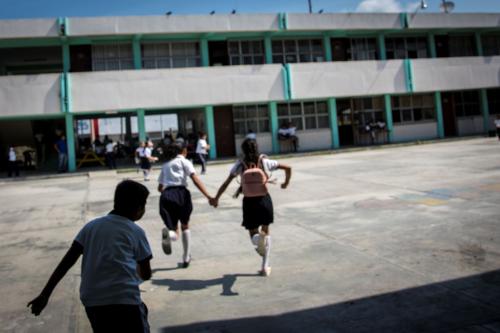

Through collaborative research, SPARKS explores how culture, ecosystems, learning theories, and other intangible factors influence pedagogy in local contexts.
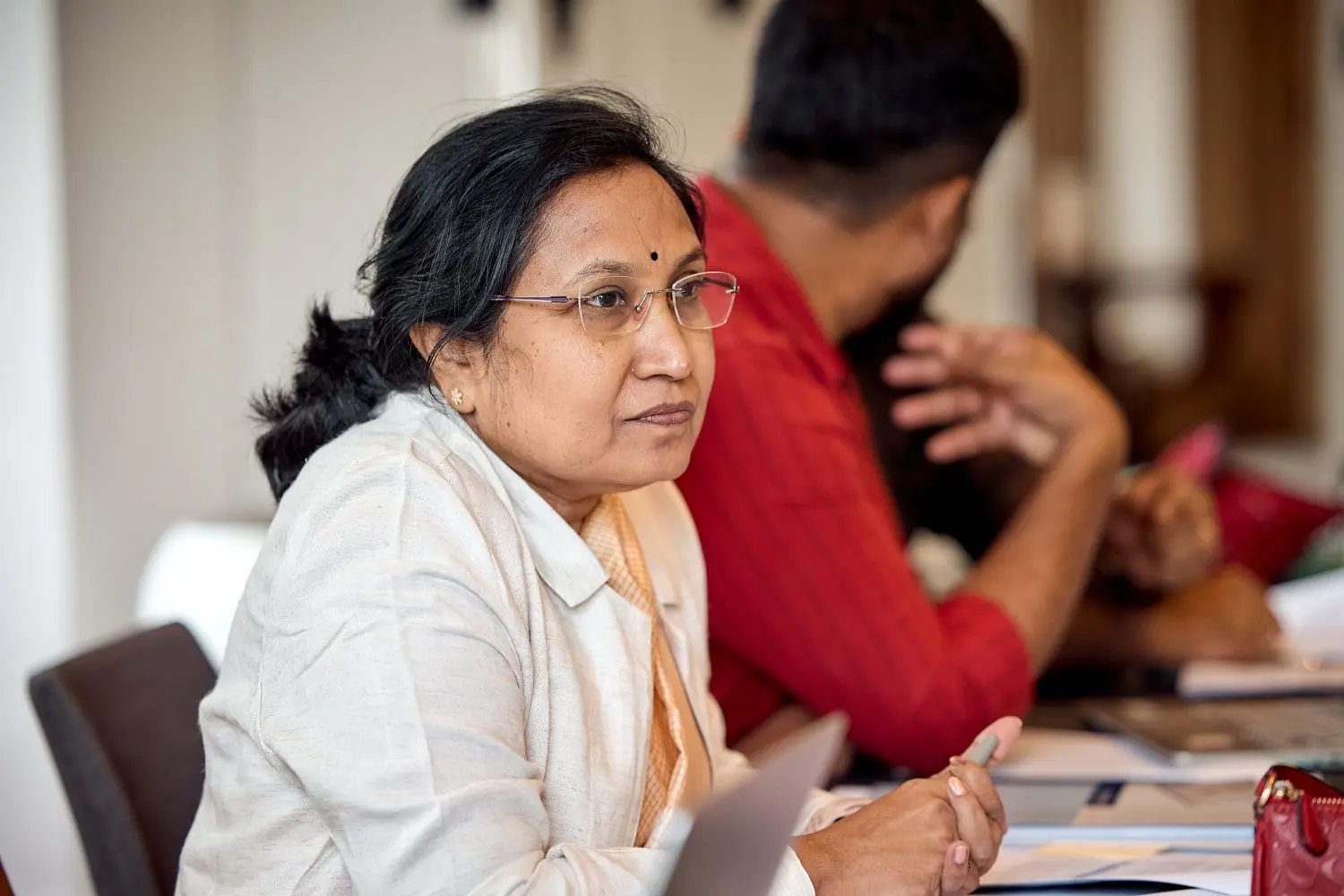

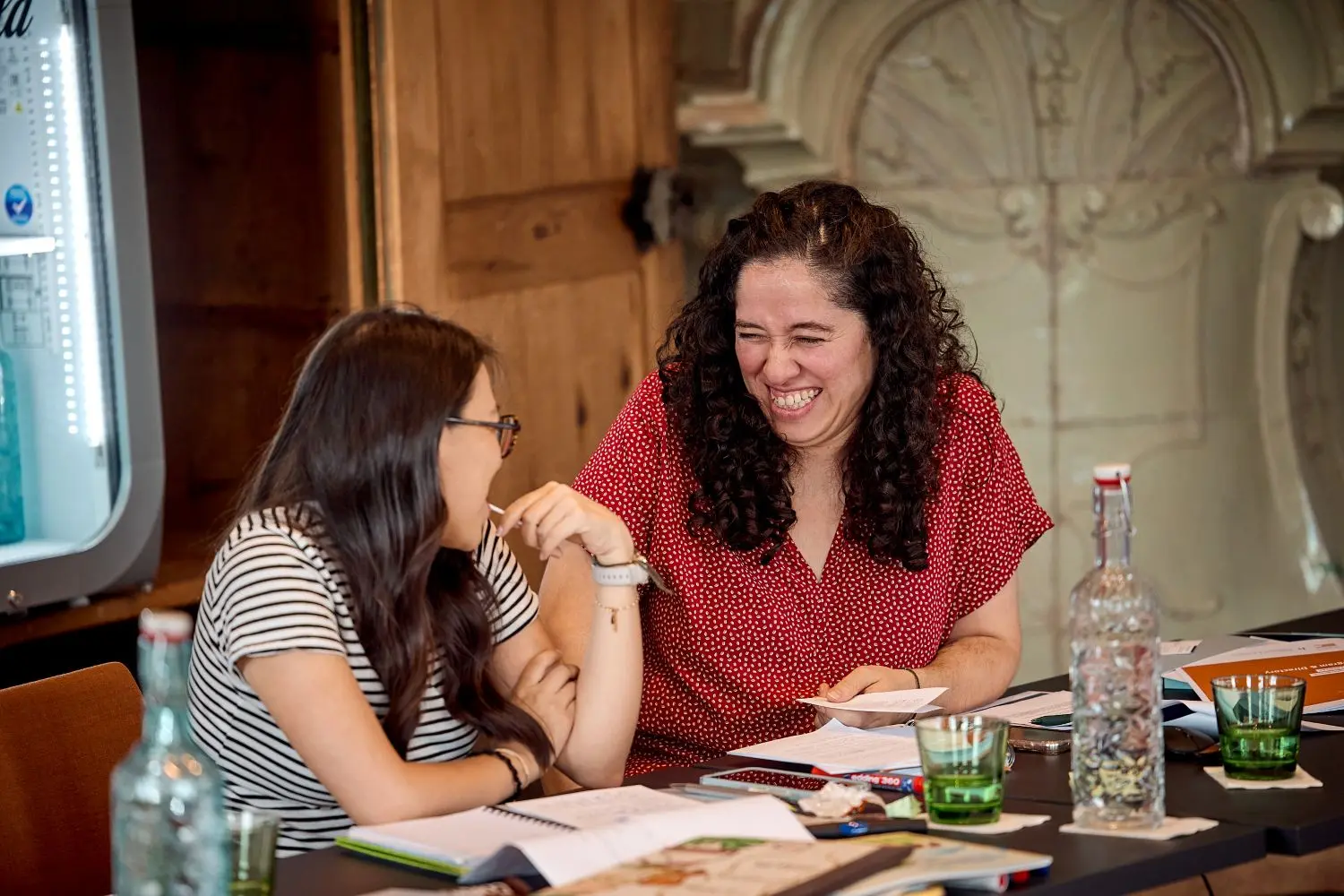
Despite an increased focus on implementing innovative pedagogical approaches and reforms, we have yet to see real change in pedagogical practice in most classrooms worldwide. One of the biggest barriers to effective pedagogical reform is assuming that pedagogical approaches are generalizable and transferable “best practices.”
Historically, there has been a lack of focus in the development space on more intangible, socially influenced aspects of pedagogy that shape teaching and learning experiences and inform education reform, transformation, and policy. A “best practices” approach cannot account for all of these factors.
The Strengthening Pedagogical Approaches for Relevant Knowledge and Skills (SPARKS) project is a collaborative, locally-led research initiative with the primary goal of understanding the impact of culture, local education ecosystems, and learning theories—together the Invisible Pedagogical Mindsets (IPMs)—on classroom practice and pedagogical reform.

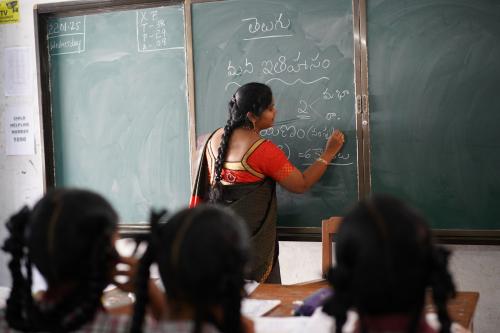
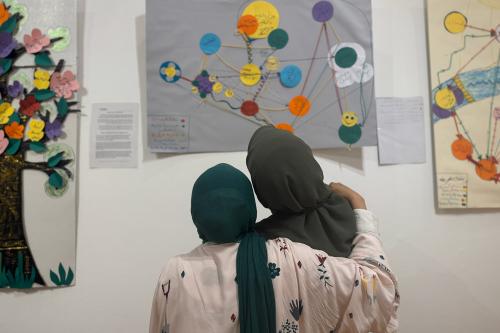
2025
The act of teaching is the visible part of pedagogy—the tip of the iceberg. But beneath the surface, elements such as culture, local education ecosystems, and learning theories inform teachers’ choices and shape the teaching and learning experience. We use these three categories to encompass what we define as Invisible Pedagogical Mindsets: the multifaceted, interconnected, and unobservable elements that impact pedagogical approaches in the classroom.
See the SPARKS working papers for a deeper dive into IPMs.
SPARKS launched Research Policy Collaboratives (RPCs) in Egypt, India, and Mexico, which are led by the Brookings SPARKS team and a local facilitating partner in each country and serve as local hubs for collaborative research on pedagogical reform and innovation.
In each context, the RPCs bring together policymakers, educators, researchers, parents, students, and other community collaborators from the local education ecosystems to discuss how invisible pedagogical mindsets can contribute to or hinder education system transformation. By facilitating these spaces, SPARKS hopes to focus the attention of a diverse body of education actors on the crucial role that IPMs and collaborative research play in education system transformation.
The SPARKS RPCs also make up the core of the SPARKS Global Network, which meets periodically to share knowledge, research findings, and insights around innovative pedagogies and across contexts.
SPARKS facilitating partners
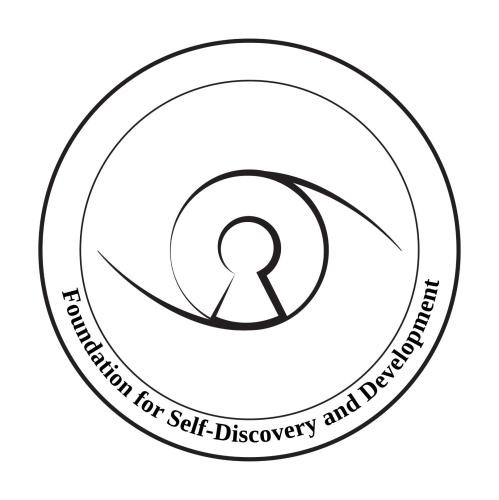
For more information, read the SPARKS working papers or contact one of our team members.
